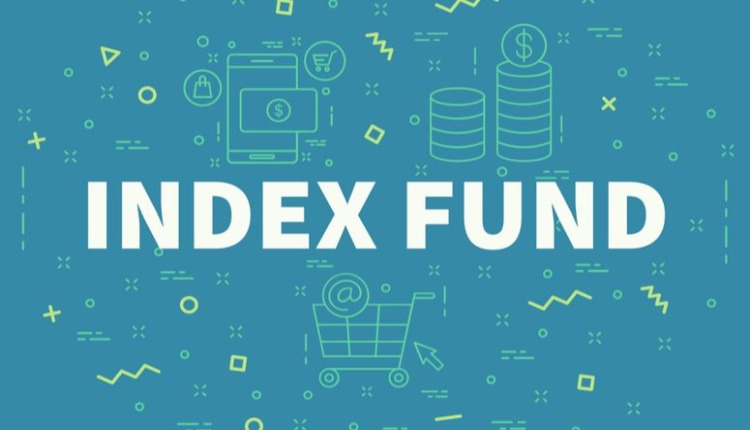Are you looking for five questions to ask before buying index mutual funds? In fact, there are many questions that you should ask, but these five will help you decide if an index fund is a right choice for you. These questions will help you avoid picking a bad fund, as well as getting the most out of your investment. So, let’s get started.
The first question you should ask when buying index funds is how quickly the fund’s payout. Many people will use index funds to take their money out of the market quickly, such as when they make some money. If this is what you are after, make sure that your fund will payout quickly. You’ll also want a fund that matches your risk tolerance well. Ask for performance details about how your money is doing versus the index it is tied to.
The second question to ask is how easily the fund can be liquidated. How quickly can you liquidate your holdings? Some funds have the ability to be sold in a day. Others take a month or more. Look for index funds that have the easiest way to liquidate your money.
Another question to ask is how much you can lose. Is the fund designed to protect your capital or to give you good returns? For example, a high-performing fund might cost you more money in one year than a balanced-stock index fund would. However, the high-performing fund might give you a higher annual return. If you are OK with a losing annual return, then go with the balanced fund.
Finally, you want to know about management fees and the management strategy. Most index funds have some type of management fee. However, if you can find funds that offer no management fees at all, that’s the one to choose. You don’t want to pay fees just to invest!
Of course, you should be aware of any restrictions on selling the fund. You need to find out what sort of restrictions are associated with the index mutual funds. Are they limited to index only, or do you have to buy other financial products as well? Make sure you know what restrictions the fund imposes on its buyers.
You also want to think about how much you’ll get in your initial investment. Ask yourself how much you expect to earn overtime. Some index mutual funds offer more frequent dividends. Others offer no dividends at all.
Buying index mutual funds can be an exciting experience. Knowing the right questions to ask when buying these funds is just as important as knowing which ones to buy. You should consider all of your options and be sure to do your research. This way, you can choose a fund that’s right for you. In the end, you’ll be happy with your investment and your portfolio will do the best it can.
When asking yourself questions to ask when buying index mutual funds, don’t forget to consider your emotional responses to financial issues. Do you react strongly to the thought of leaving money in an investment for later? Or do you prefer a safe, reliable approach that won’t cause you major problems later on? These are things that you’ll need to answer before you decide which index mutual funds to buy.
Other questions to ask include what sorts of trading opportunities come up with these particular investments. For example, if you’re thinking about putting your money in bonds, are there interest rates that you can change? If you’re thinking about putting your money in stocks, are there types of securities that you can invest in that you know you’ll be able to sell later for a profit? It’s important to be able to answer these sorts of questions before you decide which investment is right for you.
You should also think about the time frame that you’re willing to commit to this investment. If you have an immediate need to make money, you may not want to put all of your savings into index mutual funds. Instead, you may be better off investing that money in short-term cash positions or in a more conservative portfolio that won’t put you at risk for future losses. On the other hand, if you have a little patience, you might be able to ride out some market fluctuations and make a profit eventually.
Ask yourself questions to ask when buying index mutual funds, but don’t feel like you have to rely on outside advice to do it. Sometimes you’ll be able to make a good investment decision on your own. If you’re still not sure, find someone who’s willing to make an investment recommendation for you and see how well that goes. Eventually, if you follow your gut, you should wind up with a solid investment portfolio that will help you reach your financial goals.

Leave a Reply
You must be logged in to post a comment.